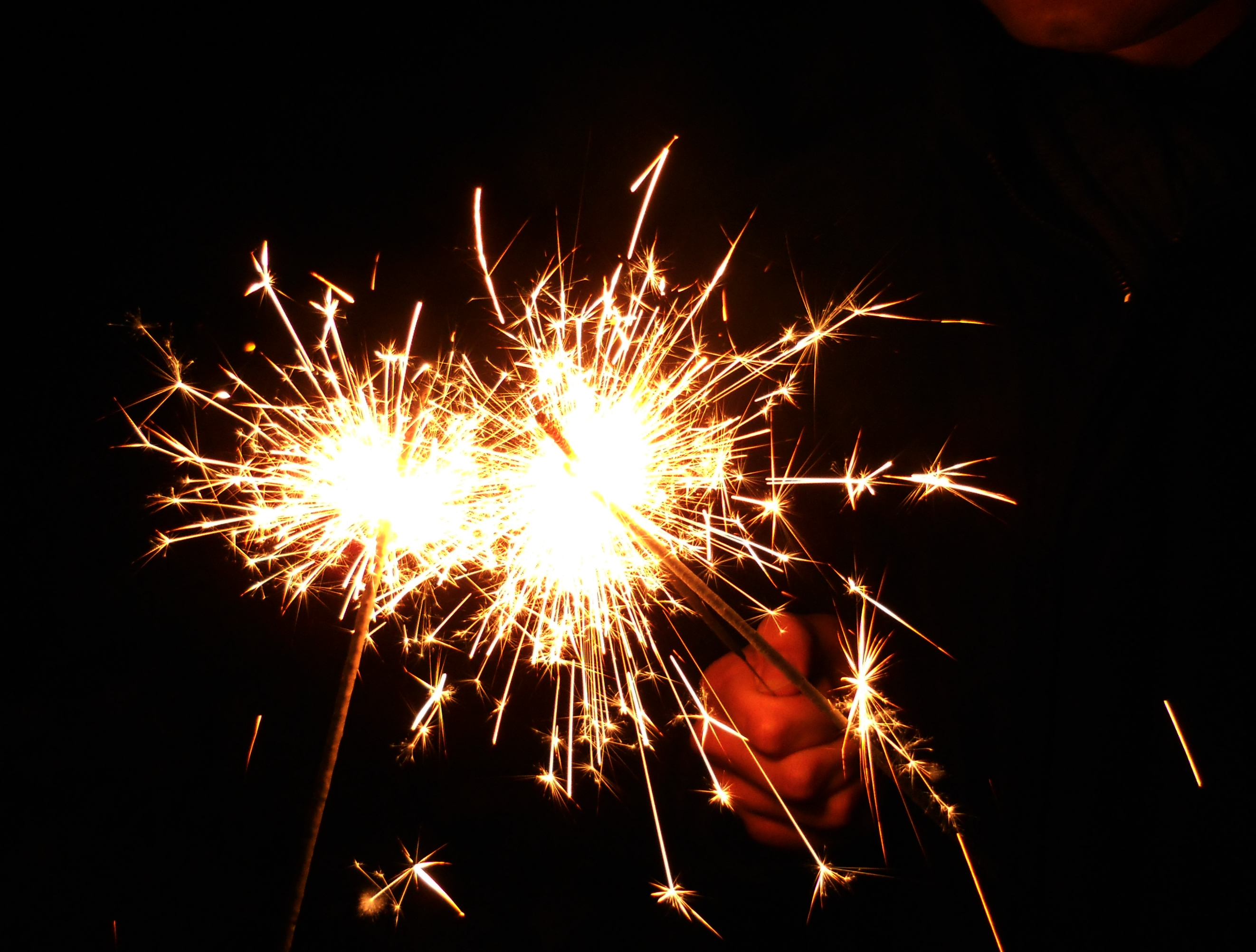It’s the End of the year, bring out your party gear!
The year is winding down, New Year’s is just around the corner, and the TV is full of melancholic shows about 2013. But why are we so excited about the end of the year? What is it that makes us celebrate each new beginning and why is New Year’s Eve so special? Maybe the answer goes further back than we think.[divide]
Every story needs an end. As a literary scholar, this much is obvious to me. We all learned about the arc of suspense in school, the story begins, there is some kind of action and then the story ends. A story without an ending never satisfies us. If a movie has an open end, we know there will be a sequel, if a book does not manage to tie up every plot and subplot, we imagine there will be a successive book at some point, picking up the loose ends and tying them back together eventually. Every story needs an end.
This need for an end, this urge to complete our stories goes back to ancient times. Before science and Shakespeare and modern technology, people already created stories to explain the wonders of the world. There are the gods and half-gods of the Greek, the mythical belief of Ancient Egypt and the relics of the Roman Empire. And then there is the bible. It is a book full of stories and parables and it contains a clear beginning (genesis) and a definite end (the apocalypse).
Now I know not everybody believes in the bible, I’m not even a believer myself, but there it is, a book with a beginning and an end. And what an end that is! The Apocalypse, so it says in the holy text, will affect everybody, every religion known to mankind is mentioned in the text and every living person on earth will be judged on judgment day. Those who believe in God will join him in heaven, the others will wither or go to hell. That’s the story and no matter how much we try to escape it, the apocalypse is ubiquitous.
We can find it in history, in literature and in film, a constant attraction to the end, an omnipresent wish to explain what will happen when it happens. This end is not necessarily religious anymore, the apocalypse has become secular. It is a meteor destroying the earth, World War III breaking out in the 60s or 70s or a new super-virus claiming most of the population or the currently fashionable zombie apocalypse. But why do we enjoy these stories of the end so much? What is it that draws us to catastrophe?
There is an interesting discourse in scholarly research claiming that it is not the end per se that draws us in and lets us enjoy these stories; it is the idea that there will be a life after the end. We will go on, the human race will manage to survive even the most devastating catastrophe, the most deadly virus and we will thrive again.
It is this fascination with looking into the future, projecting ourselves after the end, which brings these movies high box-office results and makes us pick up the books about the end. We need to know we will survive every crisis, no matter how severe.
And so we end the year by looking back over what has happened so far, we celebrate the end of yet another year in the calendar and we light our fireworks to face the time after the end, the new beginning on every January 1st. We turn the page and start fresh. We survive. And that is reason enough to celebrate.
(text: Carolin Schmitt, picture: Nathalie Krajnik, jugendfotos.de)